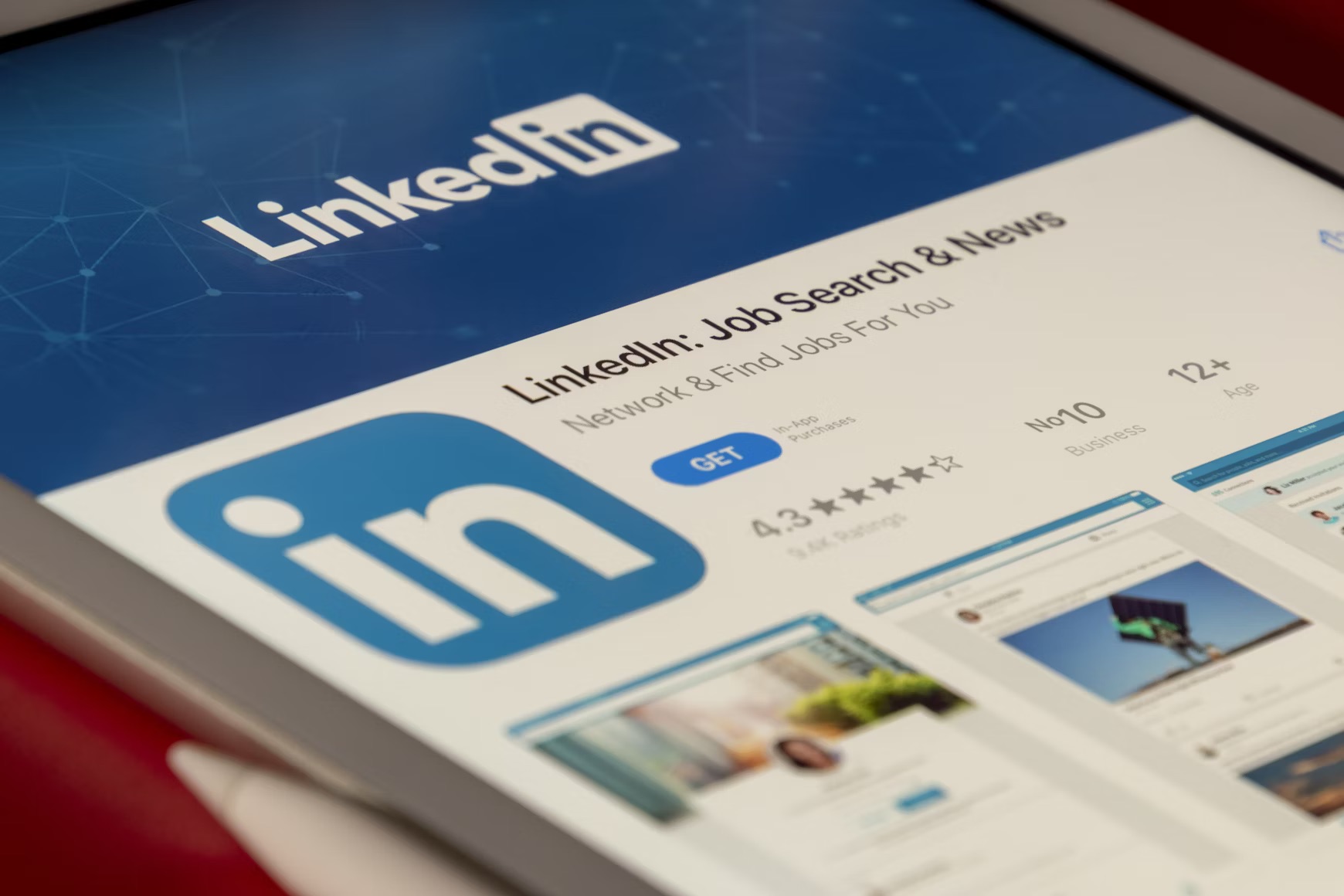
OpenAI says it is developing an AI-driven hiring platform designed to directly connect businesses with potential employees, placing it in direct competition with LinkedIn. The service, called the OpenAI Jobs Platform, is expected to launch by mid-2026.
What the Platform Will Do
Fidji Simo, OpenAI’s CEO of Applications, announced the initiative in a blog post, explaining that the company aims to “use AI to help find the perfect matches between what companies need and what workers can offer.” The platform will include a dedicated track to support small businesses and local governments in finding AI talent.
OpenAI has signaled it wants to expand beyond ChatGPT into new markets. According to company leaders, Simo will oversee applications that may include the jobs platform and other rumored projects, such as an AI-powered browser and possibly a social media tool.
The Jobs Platform could put OpenAI in direct competition with LinkedIn — co-founded by Reid Hoffman, one of OpenAI’s earliest backers, and now owned by Microsoft, which is also OpenAI’s largest investor.
LinkedIn has already introduced AI features to improve candidate-job matching, but OpenAI’s entry could raise the stakes.
AI Certification Plans
Alongside the hiring platform, OpenAI plans to roll out AI certifications through its OpenAI Academy. These certifications, which will be piloted in late 2025, aim to assess and validate different levels of “AI fluency.”
OpenAI is working with Walmart to support the program and has set a goal to certify 10 million Americans by 2030. The company says this effort aligns with the White House’s initiative to expand AI literacy.
Simo acknowledged the potential risks AI poses to employment, noting that OpenAI cannot stop the disruption but can help workers prepare. Industry leaders like Anthropic’s Dario Amodei have previously warned that AI could wipe out up to 50% of entry-level white-collar jobs by 2030.
OpenAI argues that certifications and new platforms like Jobs can help workers adapt and find opportunities in an AI-driven economy.
Author’s Opinion
While OpenAI’s Jobs Platform could create new opportunities, it also raises uncomfortable questions about fairness. If AI disrupts millions of jobs and the same companies pushing automation also control the gateways to new employment, the system risks looking self-serving. Unless OpenAI ensures transparency and accessibility, especially for small businesses and lower-income job seekers, the Jobs Platform may deepen inequality instead of fixing it.
Featured image credit: Souvik Banerjee via Unsplash
For more stories like it, click the +Follow button at the top of this page to follow us.
